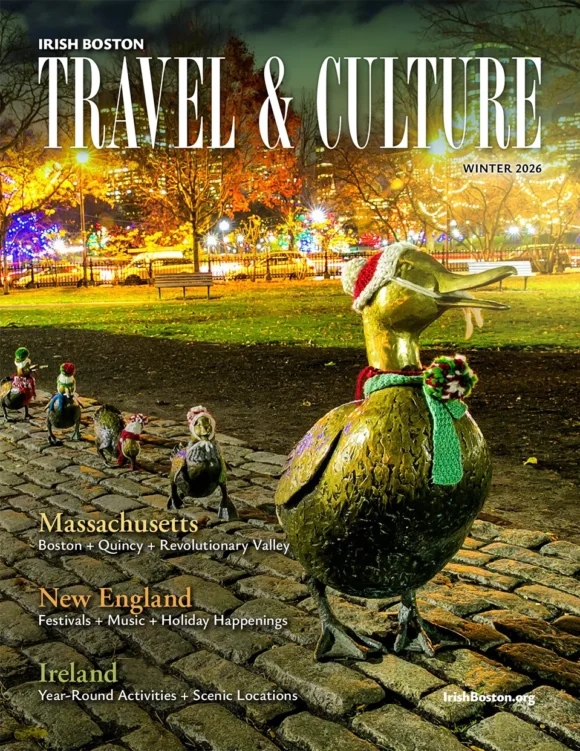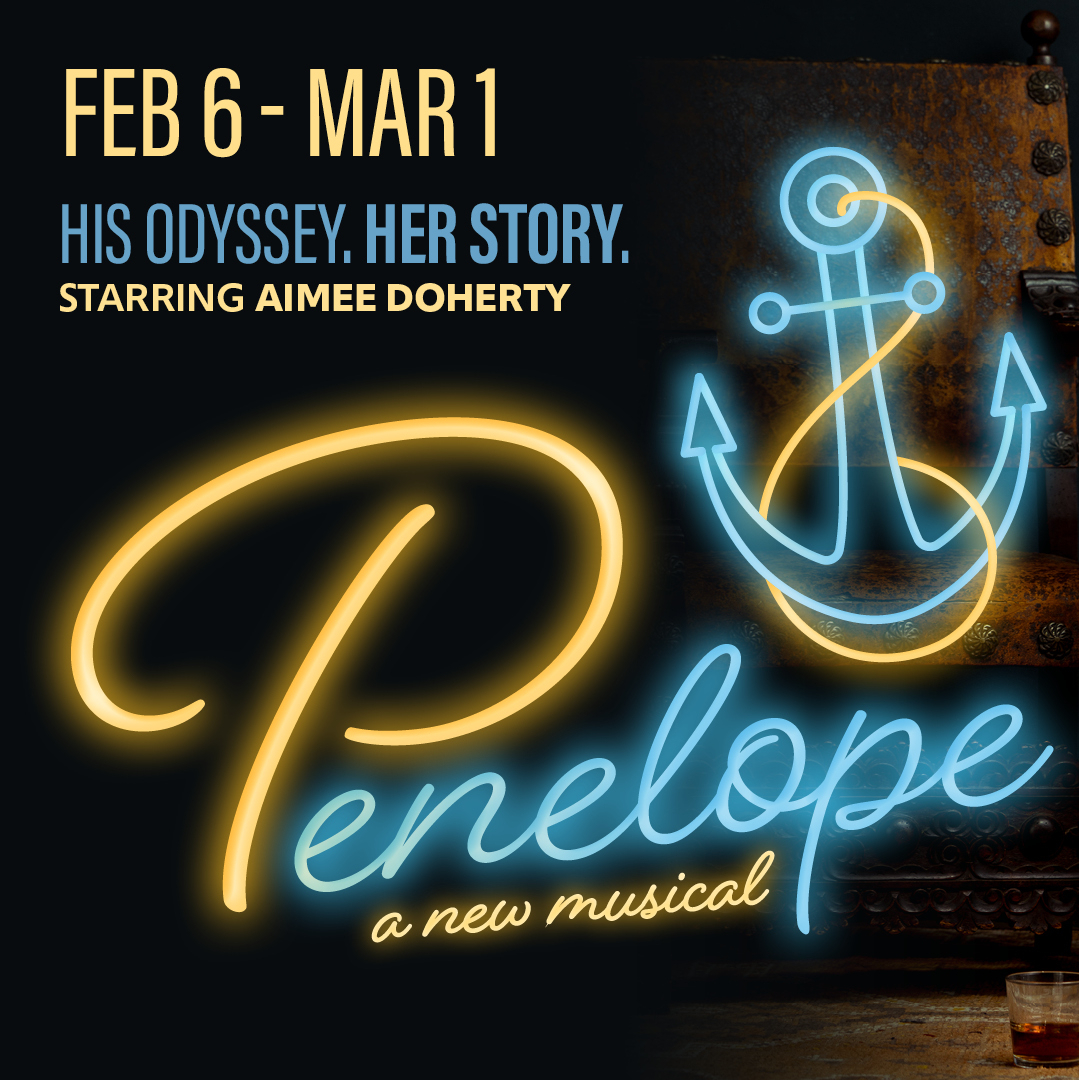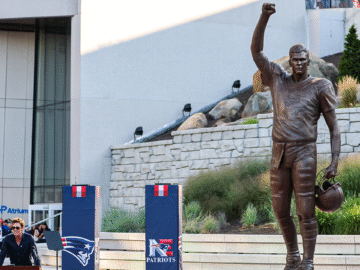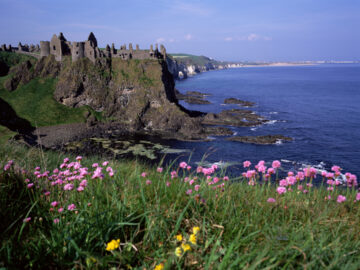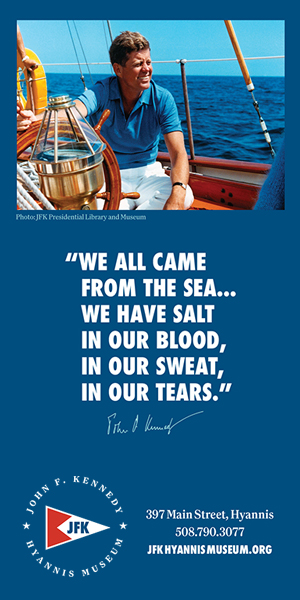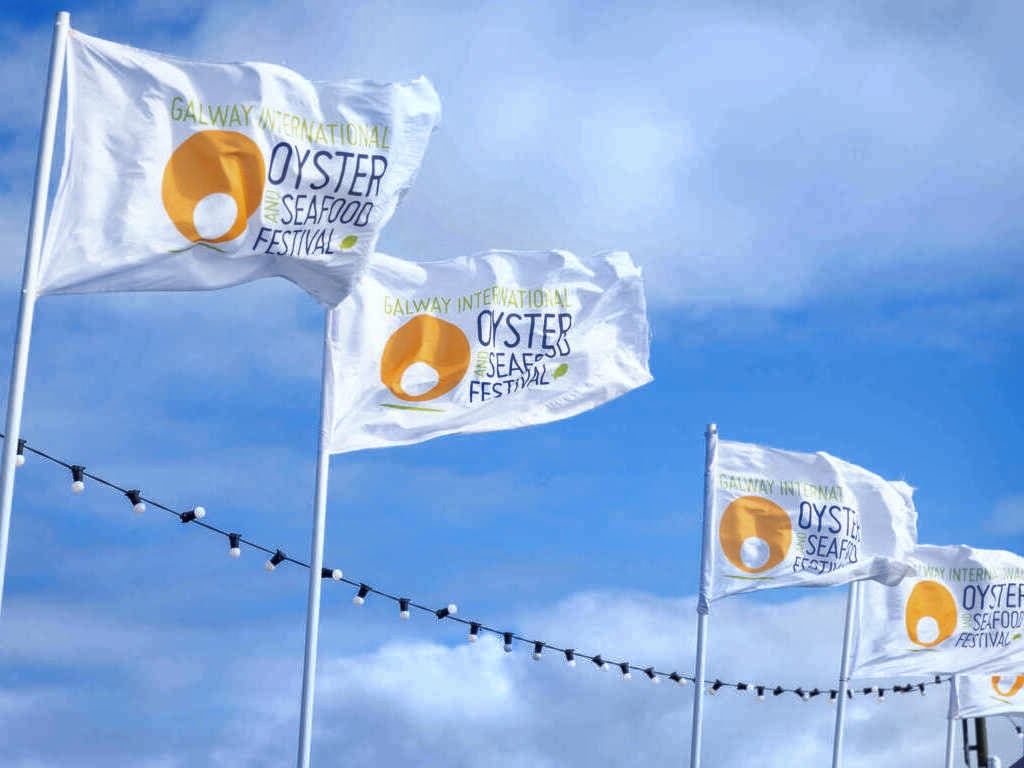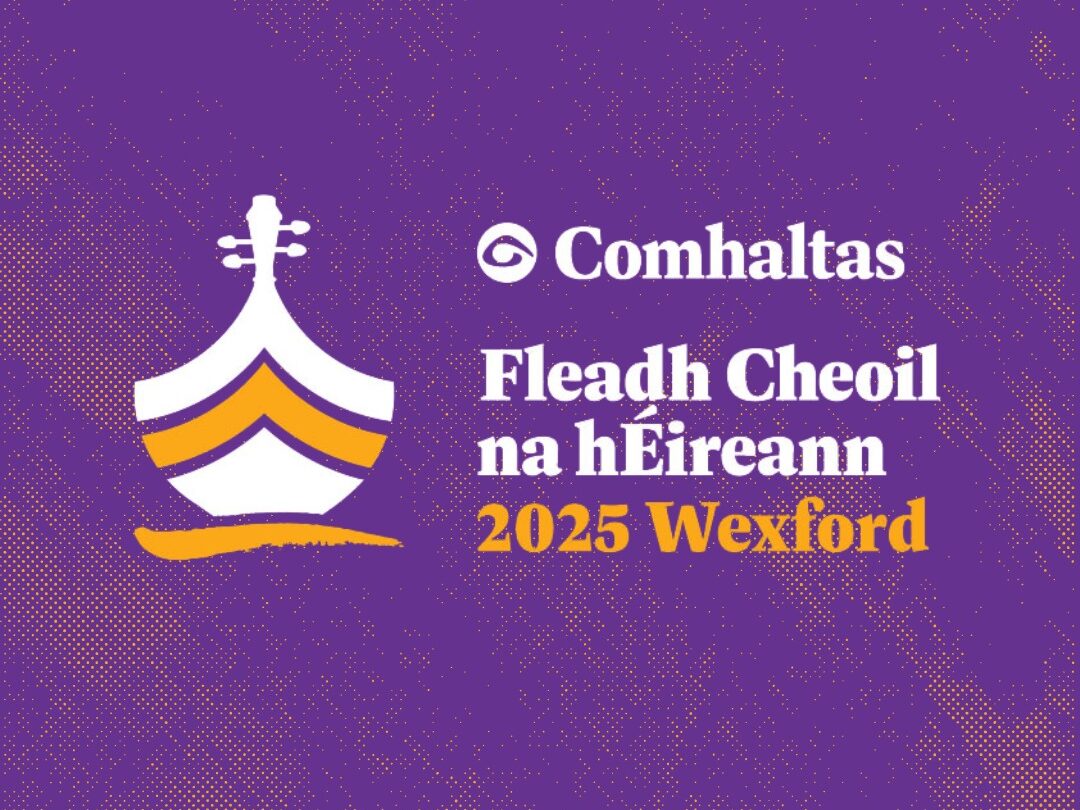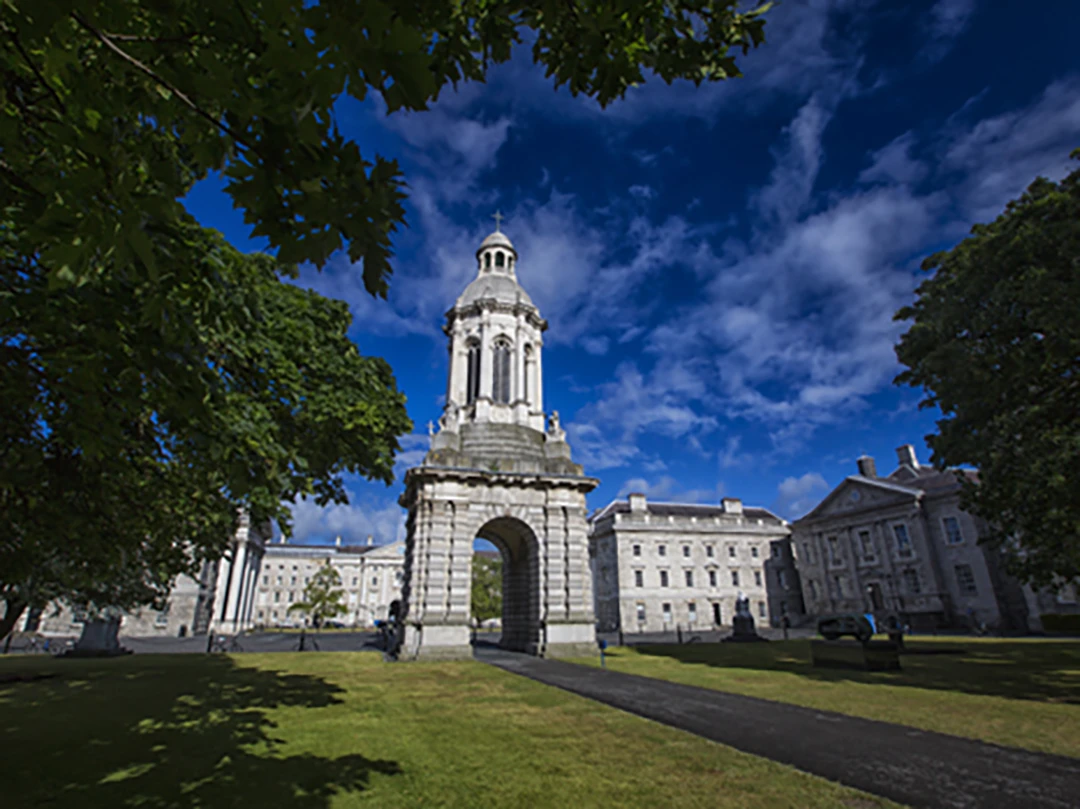Trinity College Dublin Honors Poet Eavan Boland
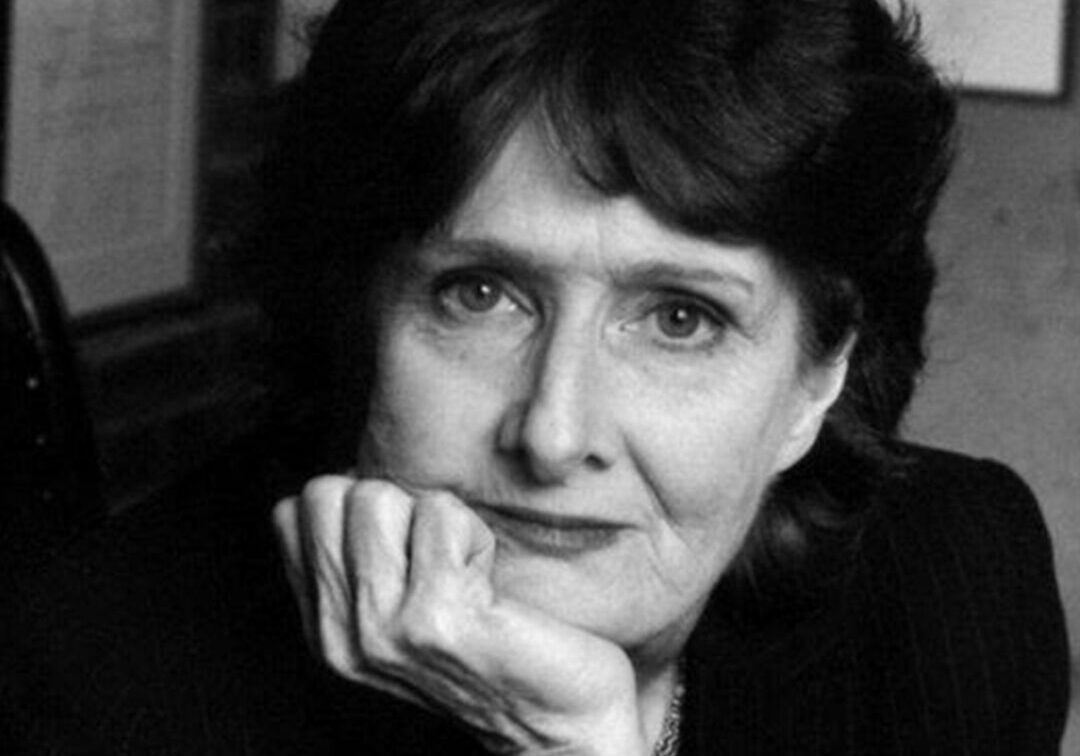
Ireland’s distinguished poet, essayist and educator Eavan Boland (1944-2020) is the first woman in the 432-year-old history of Trinity College Dublin to have a building named in her honor.
The library’s name-change came about after 18th century Irish philosopher George Berkley’s name was stripped from the library in 2023, after it was determined that his historical persona was “inconsistent with the University’s core values of human dignity, freedom, inclusivity, and equality.” Berkley had owned slaves in 1730-31 when he lived briefly in Rhode Island.
The announcement of the Eavan Boland Library was immediately hailed in Irish literary and academic circles, and especially by Irish women, who recognized Boland’s role as a trailblazer and a formidable voice in women’s literature.
Born in Dublin to Irish diplomat Frederick Boland and painter Josephine Kelly, Eavan earned her BA with First Class Honors in English Literature and Language from Trinity in 1966. As a fledgling poet, she encountered Ireland’s patriarchal, parochial literary caste where Irish women and children were barely represented.
” I began writing in a country where the world woman and the word poet were almost magnetically opposed,” Boland wrote in her 1995 collection of essays, Object Lessons: The Life of the Woman and the Poet in our Times. “In the old situation which existed in the Dublin I first knew, it was possible to be a poet, permissible to be a woman, and difficult to be both.”
After reading at University of Notre Dame in 1997, Boland told The South Bend Tribune, “In my generation, women went from being the objects of the Irish poem to being the authors of the Irish poem, and that was very disruptive in a literature that probably wasn’t prepared for that.”
During her life, Boland published more than a dozen volumes of poetry and several books of prose, according to her publisher W. W. Norton. In 2000, she and American poet Mark Strand edited a popular volume for students and poets, The Making of a Poem: A Norton Anthology of Poetic Forms.
Her poem, “The Emigrant Irish,” resonated with Irish-Americans, who recognized the courage of their ancestors making their way “in the bruise-colored dusk of the New World”:
Like oil lamps, we put them out the back —
of our houses, of our minds. We had lights
better than, newer than and then
a time came, this time and now
we need them. Their dread, makeshift example:
they would have thrived on our necessities.
What they survived we could not even live.
By their lights now it is time to
imagine how they stood there, what they stood with,
that their possessions may become our power:
Cardboard. Iron. Their hardships parceled in them.
Patience. Fortitude. Long-suffering
in the bruise-colored dusk of the New World.
And all the old songs. And nothing to lose.
In addition to her writing, Boland was an outstanding teacher. In her 20s, she lectured at Trinity College to students barely younger than her. She also taught poetry and creative writing at the School of Irish Studies in Ballsbridge, Dublin, where I was fortunate to be one of her students. The program for American students studying abroad featured seasoned teachers such as historians Margaret Mac Curtain and Ronan Fanning, Coleridge scholar James C.C. Mays, short story master Benedict Kiely and writer Seamus Deane. Eavan was the youngest faculty teacher.
At the start of each course, Boland would schedule one-on-one meetings with every student in class, to learn about our literary influences, writing ambitions and perceptions about Ireland. These conversations, along with her intense, commanding teaching style, inspired a generation of American students. She continued teaching Americans throughout her career, at Bowdoin College in Maine, University of Washington, UC Santa Barbara and University of Iowa’s Writers Workshop, then finally at Stanford University, where she was Professor of English and Director of creative writing for her final 26 years.
Boland died following a stroke at her home in Dublin, Ireland on April 27, 2020 at age 75, leaving her husband Kevin Casey, daughters Sarah and Eavan and four grandchildren.
The renaming of the library brings full-circle Boland’s connections to Trinity College and her unbridled passion for the power of poetry. In Object Lessons, Boland recalls her student days, “walking through Stephen’s Green on my way to Trinity College, through flowers and water and ducklings, and by the very grass Yeats had walked on….Everywhere, at least to my eyes, there were signs of the command and ascendency of poetry.”
By Michael Quinlin, originally published in Irish America Magazine, October 2024.
Enjoy articles like this?
Join our mailing list and have the latest sent to your inbox.

